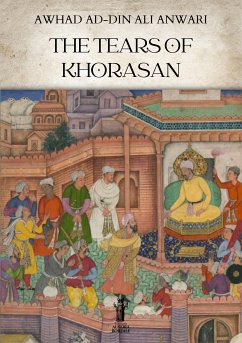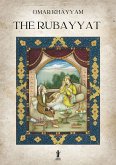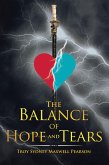After studying science and literature in Toon, and becoming a famous astronomer as well as a poet, he enjoyed the special favour of the Seljuk Sultan Sanjar (1117-1157), ruler of Khorasan. Adept in astrology, Anwari considered himself to be superior to his contemporaries in logic, music, theology, mathematics and all other intellectual pursuits. His panegyric in honour of the Sultan won him royal favour, and allowed him to go on to enjoy the patronage of two of Sanjar's successors. However, when his prophecy of disasters in October 1185 failed, he fell out of favour with the kingship, and was forced into a life of scholarly service, eventually taking his own life in 1189.
Anwari's poems were collected in a Deewan, and contains panegyrics, eulogies, satire, and others. His elegy The Tears of Khorasan, translated into English in 1785 by Captain William Kirkpatrick, a British officier and orientalist, is considered to be one of the most beautiful poems in Persian literature.
Dieser Download kann aus rechtlichen Gründen nur mit Rechnungsadresse in A, B, BG, CY, CZ, D, DK, EW, E, FIN, F, GR, HR, H, IRL, I, LT, L, LR, M, NL, PL, P, R, S, SLO, SK ausgeliefert werden.









